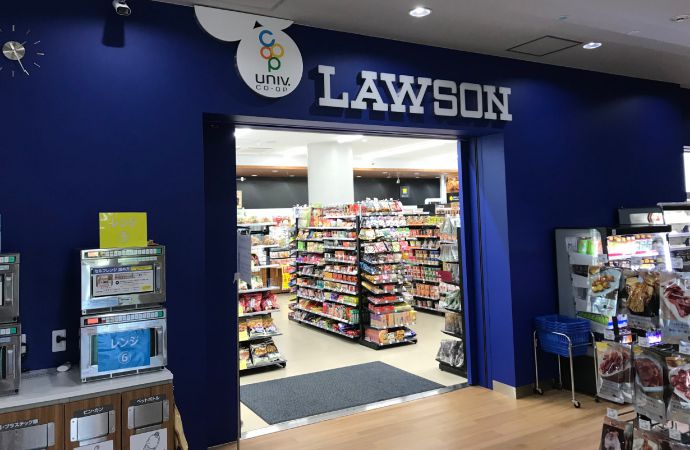ADEME, the French Environment and Energy Management Agency, has published a guide to refrigerants in the distribution sector to help companies to make informed decisions when investing in new refrigeration systems. The publication primarily focuses on the retail sector.

Rather than focusing on technical matters, the guide – entitled ‘Fluides frigorigènes et secteur de distribution: arbres de decision’ – contains practical information and a clear methodology on how to make informed choices when purchasing refrigeration equipment or signing maintenance contracts in the rapidly changing distribution sector.
The guide describes the different properties of alternative refrigerants to HFCs, describing natural refrigerants like CO2, ammonia and hydrocarbons as cheap, environmentally friendly options using proven technology. In comparison, HFOs are described as a refrigerant group with low GWP (from 4-6) but with a higher cost and significant long-term risks for the environment, as they release very strong TFA (trifluoroacetic) acid.
As for the price of different refrigerants, the ADEME guide makes clear that natural refrigerants are a cheaper choice (ammonia €5/kg, CO2 €3-5/kg, hydrocarbons €8-10/kg) than HFOs, which can cost up to €40/kg.
As for which natural refrigerant system to choose, the guide proposes remote or hermetic propane units for minimarkets (supérettes), while for supermarkets and hypermarkets it recommends CO2 transcritical systems as the more environmentally friendly solution.
For bigger buildings such as warehouses, the guide identifies cascade ammonia/CO2 technology, direct ammonia systems, and secondary ammonia systems as the most effective natural solutions to replace conventional HFC-based refrigeration systems.
More about the guide
The guide was funded by ADEME and compiled by Carbone 4 on behalf of French food retailer the Casino Group. The information presented in the guide is the result of research conducted in 2014 both within Casino and with the help of the wider refrigeration sector, environmental associations, distributors and institutions.
This guide is meant as an information source and does not substitute legislation and standards that are currently in force. For more information, please consult the guide here.
The guide describes the different properties of alternative refrigerants to HFCs, describing natural refrigerants like CO2, ammonia and hydrocarbons as cheap, environmentally friendly options using proven technology. In comparison, HFOs are described as a refrigerant group with low GWP (from 4-6) but with a higher cost and significant long-term risks for the environment, as they release very strong TFA (trifluoroacetic) acid.
As for the price of different refrigerants, the ADEME guide makes clear that natural refrigerants are a cheaper choice (ammonia €5/kg, CO2 €3-5/kg, hydrocarbons €8-10/kg) than HFOs, which can cost up to €40/kg.
As for which natural refrigerant system to choose, the guide proposes remote or hermetic propane units for minimarkets (supérettes), while for supermarkets and hypermarkets it recommends CO2 transcritical systems as the more environmentally friendly solution.
For bigger buildings such as warehouses, the guide identifies cascade ammonia/CO2 technology, direct ammonia systems, and secondary ammonia systems as the most effective natural solutions to replace conventional HFC-based refrigeration systems.
More about the guide
The guide was funded by ADEME and compiled by Carbone 4 on behalf of French food retailer the Casino Group. The information presented in the guide is the result of research conducted in 2014 both within Casino and with the help of the wider refrigeration sector, environmental associations, distributors and institutions.
This guide is meant as an information source and does not substitute legislation and standards that are currently in force. For more information, please consult the guide here.
Related stories



